
PRISMS was founded in 1993 by parents Margaret and Scott Miller, and genetic counselors Brenda Finucane and Ann C.M. Smith.
The first steps in crafting the organization began at a kitchen table, with modest intentions, and the uncertainty of how they might make an impact and reach out to other families. But they, (the founders), understood that parents and professionals needed to work together in an effort to provide hope and support for families of persons diagnosed with Smith-Magenis syndrome. This partnership of four adults and a tiny baby forged what would become PRISMS, Inc.
Margaret and Scott’s daughter’s diagnosis:
She was diagnosed in 1990. She was six-months-old, and she was the 30th case in the world known at that time. It was just so profound to find out something that we couldn’t even imagine planning for. The geneticist who gave us the diagnosis had not heard of it himself and offered us nothing. No information and no hope. He started to talk to us about residential placements, and she was a six-month-old baby sitting on my lap. In my head, I remember thinking, ‘Why is he talking about that? You just slayed me. I have this baby in front of me.’ I just wanted him to shut up. I couldn’t go home and Google it. We didn’t have Google back then. I remember every detail of the day. I had to go to work after that, and I said to my husband, ‘Just don’t say anything.’ I gave him the baby and knew that if I even tried to talk, I wouldn’t get through the rest of my day. I had to go work with kids. Typical, healthy, happy kids with able bodies and minds. All you have is a diagnosis. All you have is a syndrome name. What do you do with that? There was one paper written at that time, and it was something out of a science experiment, talking about the features and drastic things. That’s how first papers get written. I was like, ‘How can you hand this to a family? This is what you give them?’ The geneticist wanted us to come back in a few months, and I didn’t. No one’s ever asked me how it felt to get the diagnosis. The diagnosis is like falling off a cliff. You don’t know if you’re going to land, or where it’s going to be, or what it looks like. All I could think is, ‘Why is the world still turning when mine has ended?’
The Legacy
For 25 years, PRISMS has lead the charge in supporting the SMS community through programs and services dedicated to education, awareness, and research. The organization is proud of the legacy our founders and families have created and are honored to continue to have their continued involvement today. PRISMS is working with the global SMS community to build a future of hope. We’ve come a long way from our humble beginnings at a kitchen table, and we have a long way to go, but we have an incredible community to make it happen .
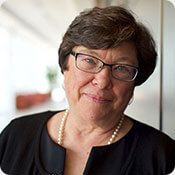
Ann C.M. Smith, MA, DSc (Hon), CGC, Chair Emeritus of PRISMS Professional Advisory Board and Co-Founder of PRISMS
“The early help line was my personal phone number. By 1990, the syndrome had been named Smith-Magenis syndrome, years after we found the deletion. We recognized that if we have one family here who has the question, there are others. There was an impetus to find a network of support to form the early days.”
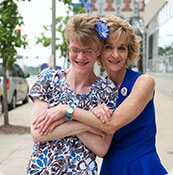
Maggie Miller, SMS Mom, Co-Founder of PRISMS
“Everybody in the early days of the organization had a role to play. I remember we’d get calls from parents and they were sure we had a 12-story building with five administrators. But it was a kitchen table with a phone. We were writing a brochure. It was very small. But from the small start, the hard work of the many players is why we now see and know all these other families and identify and support more everyday.”
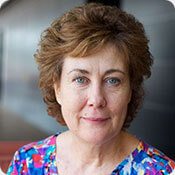
Brenda Finucane, MS, LGC, Professional Advisory Board and Co-Founder of PRISMS
“PRISMS is a beautifully woven tapestry, of which, we all have a thread.”
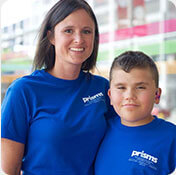
Jean Bishop, SMS Mom, Host of Annual Nickels for Nico Fundraiser
“PRISMS has become our family outside of our biological family. We got his diagnosis when he was just 14-months old. Right about when he turned two, we went to our first PRISMS conference. We had never met anyone else with the syndrome before. It was very powerful. And getting suggestions with how to prevent behavior and manage everything from medications to sleep, it’s just priceless.”
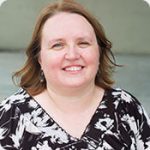
Tina McGrevy, SMS Mom, Secretary
“The thing that’s great about PRISMS, as parents and researchers, is that we see the families, but we also see the experts, the doctors, the people that have written all these complicated medical articles. They’re here in this room, and you can go up and talk to them. When I go to any other doctor, I have to say, ‘Okay, my son has SMS. This is what it means. Here’s all the paperwork.’ I have to explain the syndrome to them first, and they treat them. Here, in this PRISMS community, they already know. They just get it.”



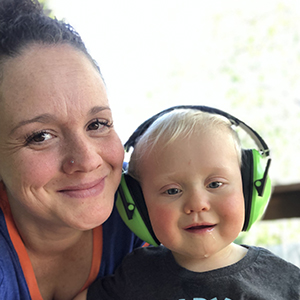 Maria Feagin
Maria Feagin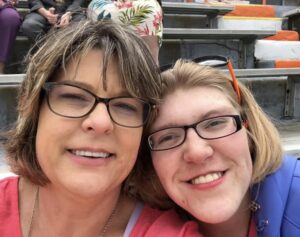 Amy Myers
Amy Myers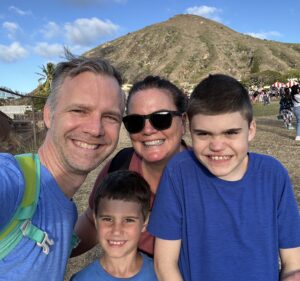
 Noémie Grebler
Noémie Grebler Allison Stephanouk
Allison Stephanouk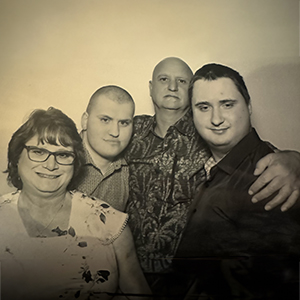 Ilse Ciprich
Ilse Ciprich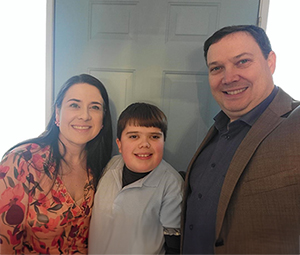 Sasha Piastro-Tedford
Sasha Piastro-Tedford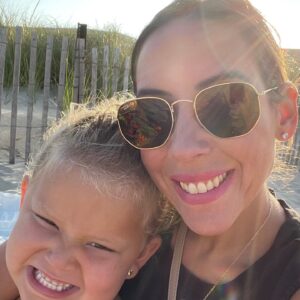 Randi Tanenbaum
Randi Tanenbaum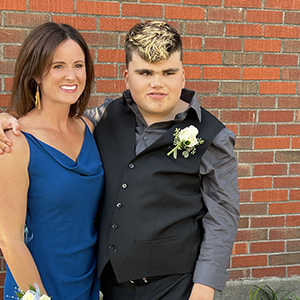 Jean Bishop
Jean Bishop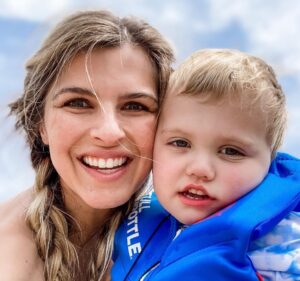 Natasha Schaller
Natasha Schaller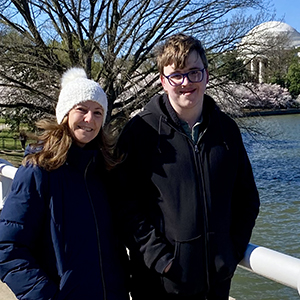 Barbara Watson
Barbara Watson Amanda Collins
Amanda Collins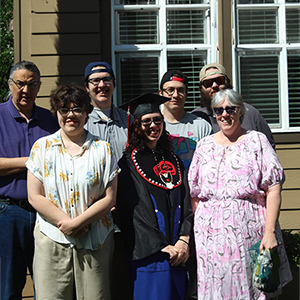 Lori Martin
Lori Martin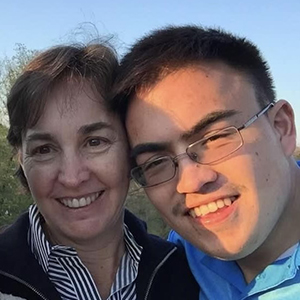 Laura Russell
Laura Russell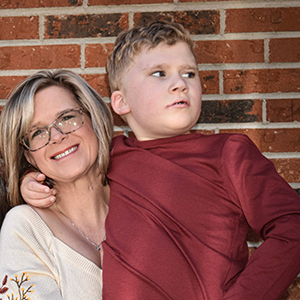 Erin Morrison
Erin Morrison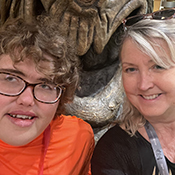 Linda Johnson
Linda Johnson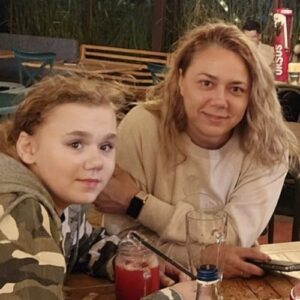 Roxana Dragan
Roxana Dragan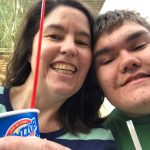 Patty Loyer
Patty Loyer Eric Rogers
Eric Rogers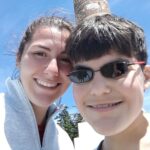 Ana Witherspoon
Ana Witherspoon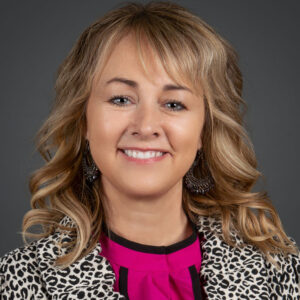 Michelle Larscheid
Michelle Larscheid Sinan Omer Turnacioglu, MD
Sinan Omer Turnacioglu, MD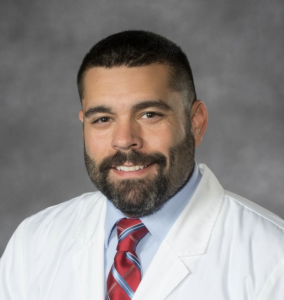 Christopher Vlangos PhD, FACMG
Christopher Vlangos PhD, FACMG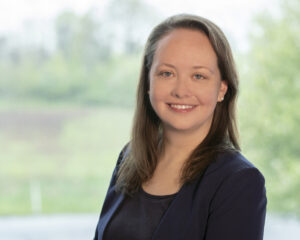 Cora Taylor, PhD
Cora Taylor, PhD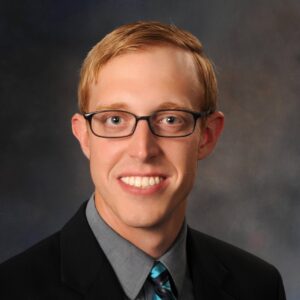 John Berens, MD, FAAP, FACP
John Berens, MD, FAAP, FACP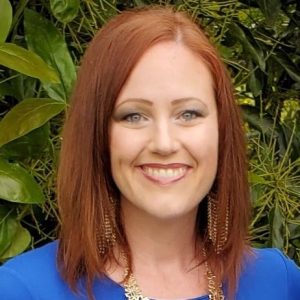 Amy Pereira
Amy Pereira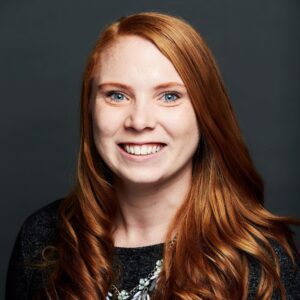 Rachel Franciskovich, MS, CGC
Rachel Franciskovich, MS, CGC Santhosh Girirajan, MBBS, PhD
Santhosh Girirajan, MBBS, PhD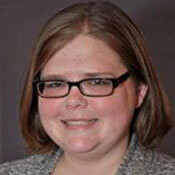 Rebecca Foster, PhD
Rebecca Foster, PhD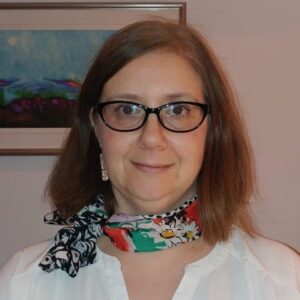 Nancy Raitano, PhD
Nancy Raitano, PhD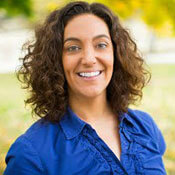 Christine Brennan, PhD CCC-SLP
Christine Brennan, PhD CCC-SLP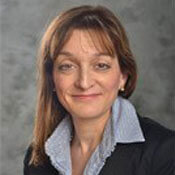 Andrea Gropman, MD
Andrea Gropman, MD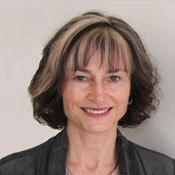 Kerry Boyd, MD, FRCPC
Kerry Boyd, MD, FRCPC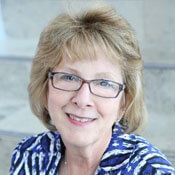 Barbara Haas-Givler, MEd, BCBA
Barbara Haas-Givler, MEd, BCBA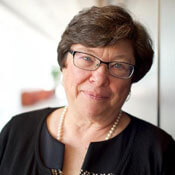 Ann C.M. Smith, MA, DSc (Hon), CGC
Ann C.M. Smith, MA, DSc (Hon), CGC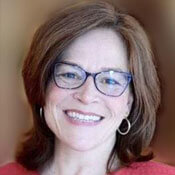 Sarah Elsea, PhD
Sarah Elsea, PhD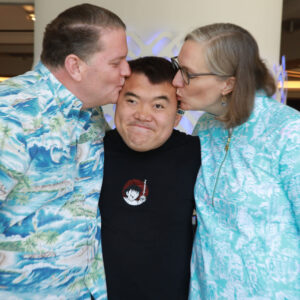 Glen & Kristine Braden
Glen & Kristine Braden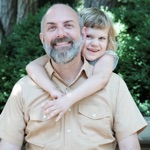 John Roseborough
John Roseborough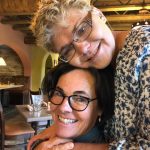 Barclay Daranyi
Barclay Daranyi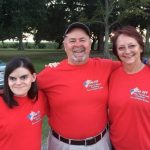 Ashton Charmaine
Ashton Charmaine Carissa Le
Carissa Le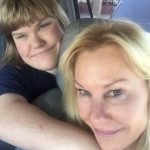 Rhonda Lowney
Rhonda Lowney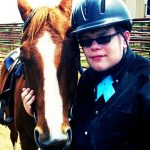 Ron Dixon
Ron Dixon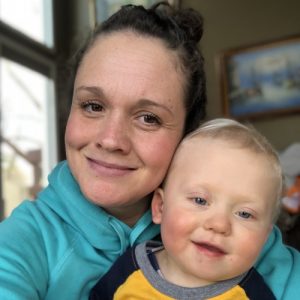 Maria Feagin
Maria Feagin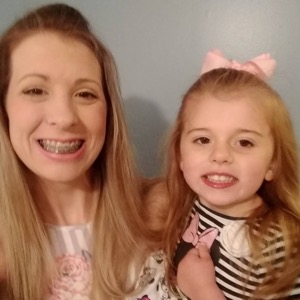 Caitlin Seldon
Caitlin Seldon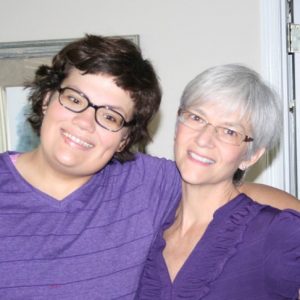 Julia Hetherington
Julia Hetherington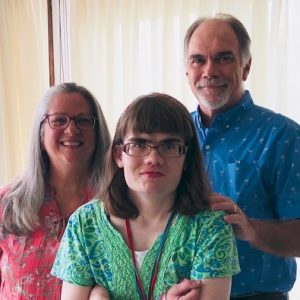 Liz and Bill Yates
Liz and Bill Yates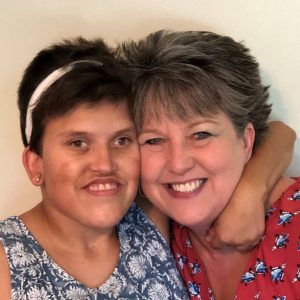 Tracie Belcher
Tracie Belcher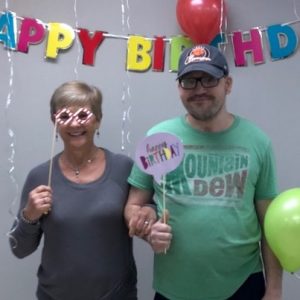 Rhonda Franklin
Rhonda Franklin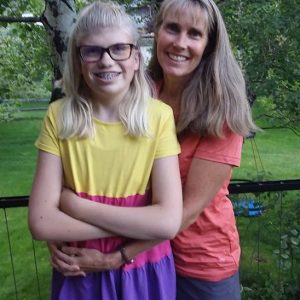 Marni Rolston
Marni Rolston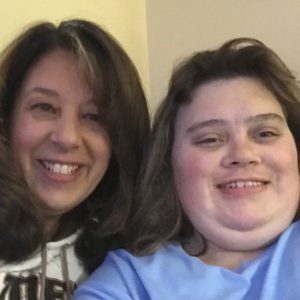 Michele Zdanowski
Michele Zdanowski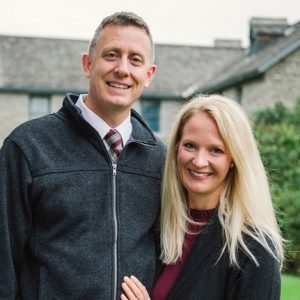 Theresa & Mark Smyth
Theresa & Mark Smyth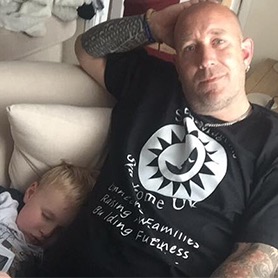 Mick Pearson
Mick Pearson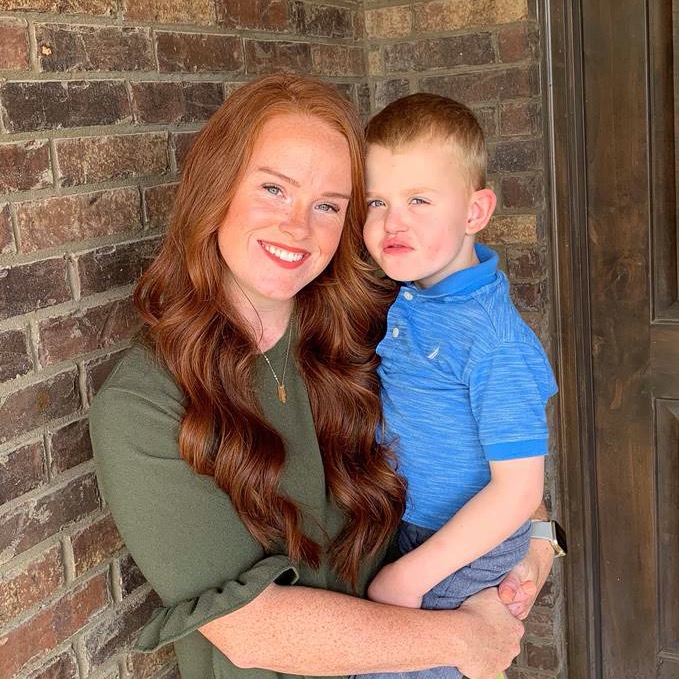 Abby Bell
Abby Bell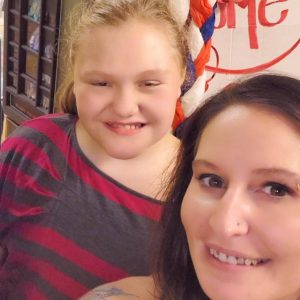 Heather Boney
Heather Boney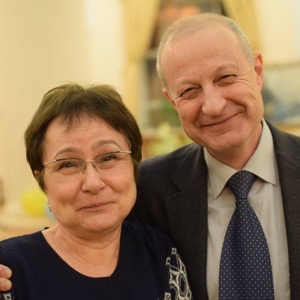 Bela Kafengauz & Alexander Tzetlin
Bela Kafengauz & Alexander Tzetlin Kevin Daly
Kevin Daly Phil Ruedi
Phil Ruedi Brandon Daniel
Brandon Daniel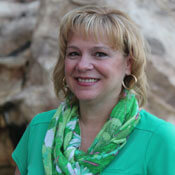 Denien Rasmussen
Denien Rasmussen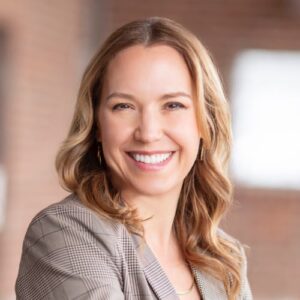 Jackie Fallenstein
Jackie Fallenstein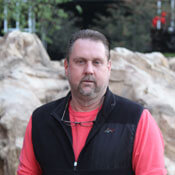 Percy Huston
Percy Huston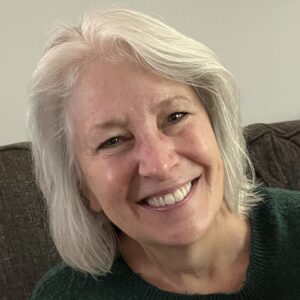 Lynda Kilian
Lynda Kilian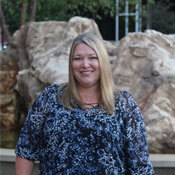 Diane Erth
Diane Erth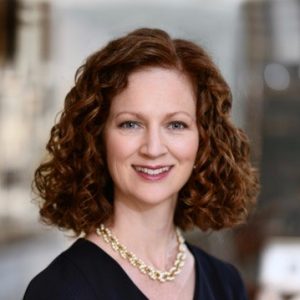 Theresa Wilson, MS, RD
Theresa Wilson, MS, RD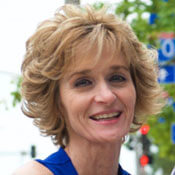 Margaret Miller
Margaret Miller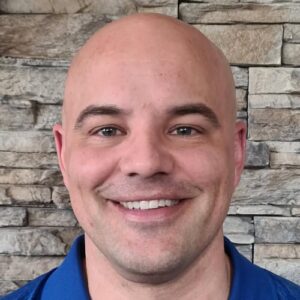 Jason Michaud
Jason Michaud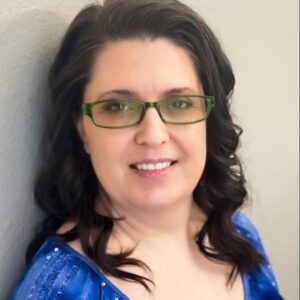 Michelle Lee
Michelle Lee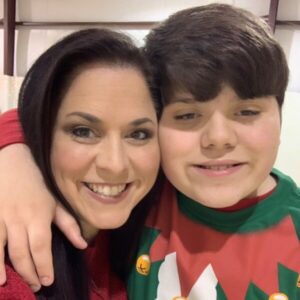 Jill Wood
Jill Wood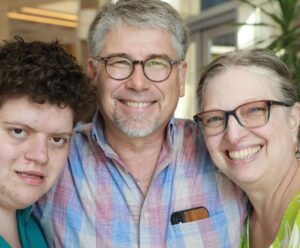 Kim Wirth
Kim Wirth Jane Charles, MD
Jane Charles, MD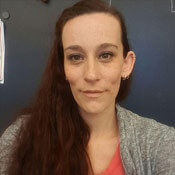 Brandi Wilson
Brandi Wilson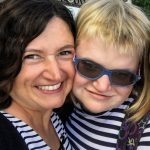 Debbie Brooks
Debbie Brooks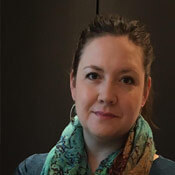 Amanda Downey
Amanda Downey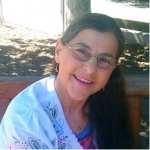 Laurie Bellet
Laurie Bellet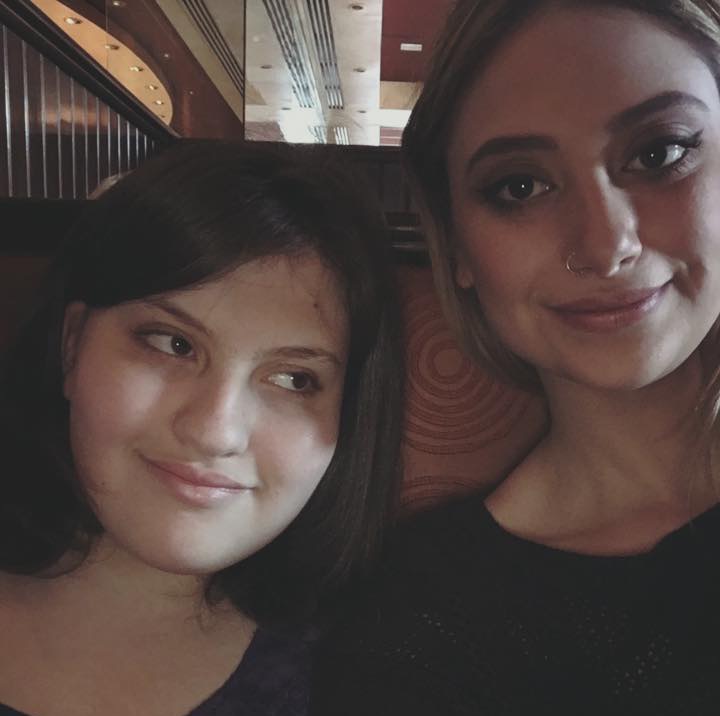 Remi Robbins,
Remi Robbins,
 Many SMS patients experience frequent infections but the immunological basis for this phenomenon is currently unclear
Many SMS patients experience frequent infections but the immunological basis for this phenomenon is currently unclear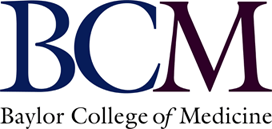
 Smith-Magenis Syndrome is a genetic disorder most commonly caused by a deletion of chromosome 17p11.2, and less commonly by mutations in the RAI1 gene
Smith-Magenis Syndrome is a genetic disorder most commonly caused by a deletion of chromosome 17p11.2, and less commonly by mutations in the RAI1 gene
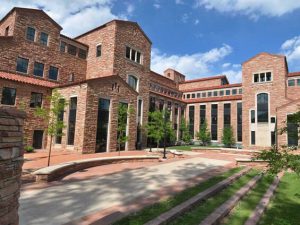 The SMS IEP Research Study team conducts research in the Department of Speech, Language, and Hearing Sciences at the University of Colorado Boulder
The SMS IEP Research Study team conducts research in the Department of Speech, Language, and Hearing Sciences at the University of Colorado Boulder
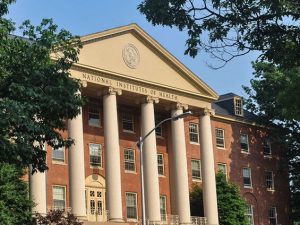 Growth Patterns in SMS
Growth Patterns in SMS


 Do you have a child with Smith-Magenis syndrome?
Do you have a child with Smith-Magenis syndrome?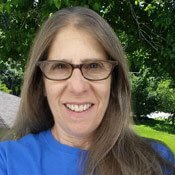 Leah Baigell
Leah Baigell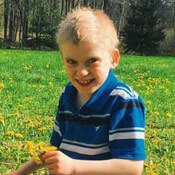 Judy Bogdan
Judy Bogdan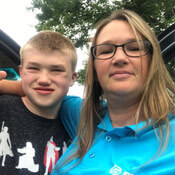 Mary Hards
Mary Hards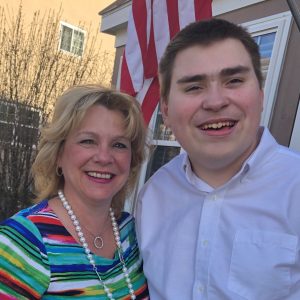 Denien Rasmussen
Denien Rasmussen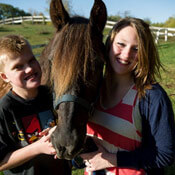 Heidi Graf
Heidi Graf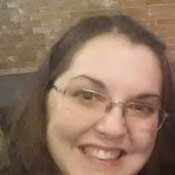 Annetta Zidzik
Annetta Zidzik Jennifer Klump
Jennifer Klump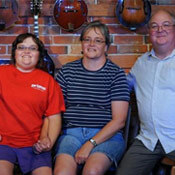 Eric and Kim Hoffman
Eric and Kim Hoffman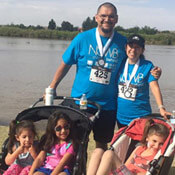 Alejandro and Delma Aguilar
Alejandro and Delma Aguilar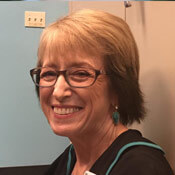 Mary Beall
Mary Beall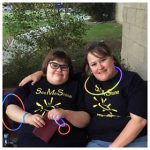 Jennifer Comford
Jennifer Comford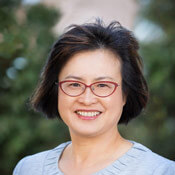 Charlene Liao
Charlene Liao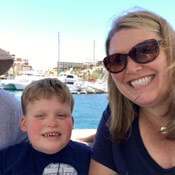 Diane Erth
Diane Erth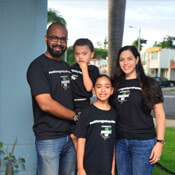 Sheila Herndandez-Vale
Sheila Herndandez-Vale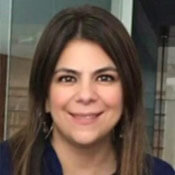 Maria Elena Carrancedo
Maria Elena Carrancedo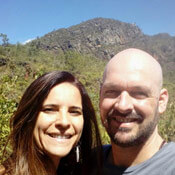 Eliane Barros
Eliane Barros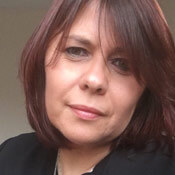 Sabrina Bisiani
Sabrina Bisiani
 A new clinical study is investigating circadian rhythms and sleep disturbances in people with Smith-Magenis Syndrome to guide the development of a possible treatment.
A new clinical study is investigating circadian rhythms and sleep disturbances in people with Smith-Magenis Syndrome to guide the development of a possible treatment.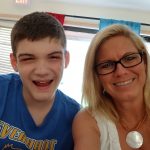 Allison Leatzow
Allison Leatzow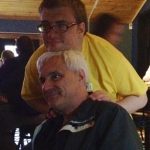 Kevin O’Connor
Kevin O’Connor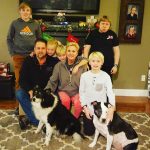 Bernadette Huston
Bernadette Huston Brooke Widmer
Brooke Widmer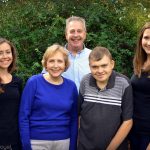 Maureen Monroe
Maureen Monroe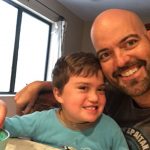 Trevor Gritman
Trevor Gritman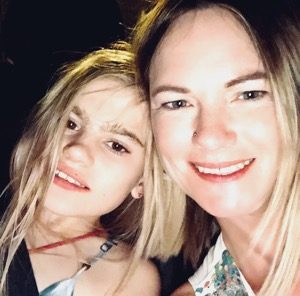 Cally Bauman
Cally Bauman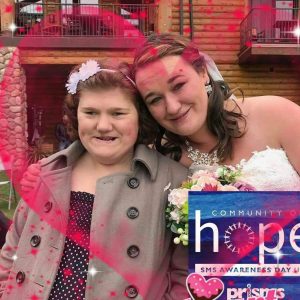 Brianna Ryczek
Brianna Ryczek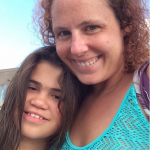 Carissa Le
Carissa Le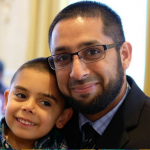 Osman Umarji
Osman Umarji Callihan Marshall
Callihan Marshall